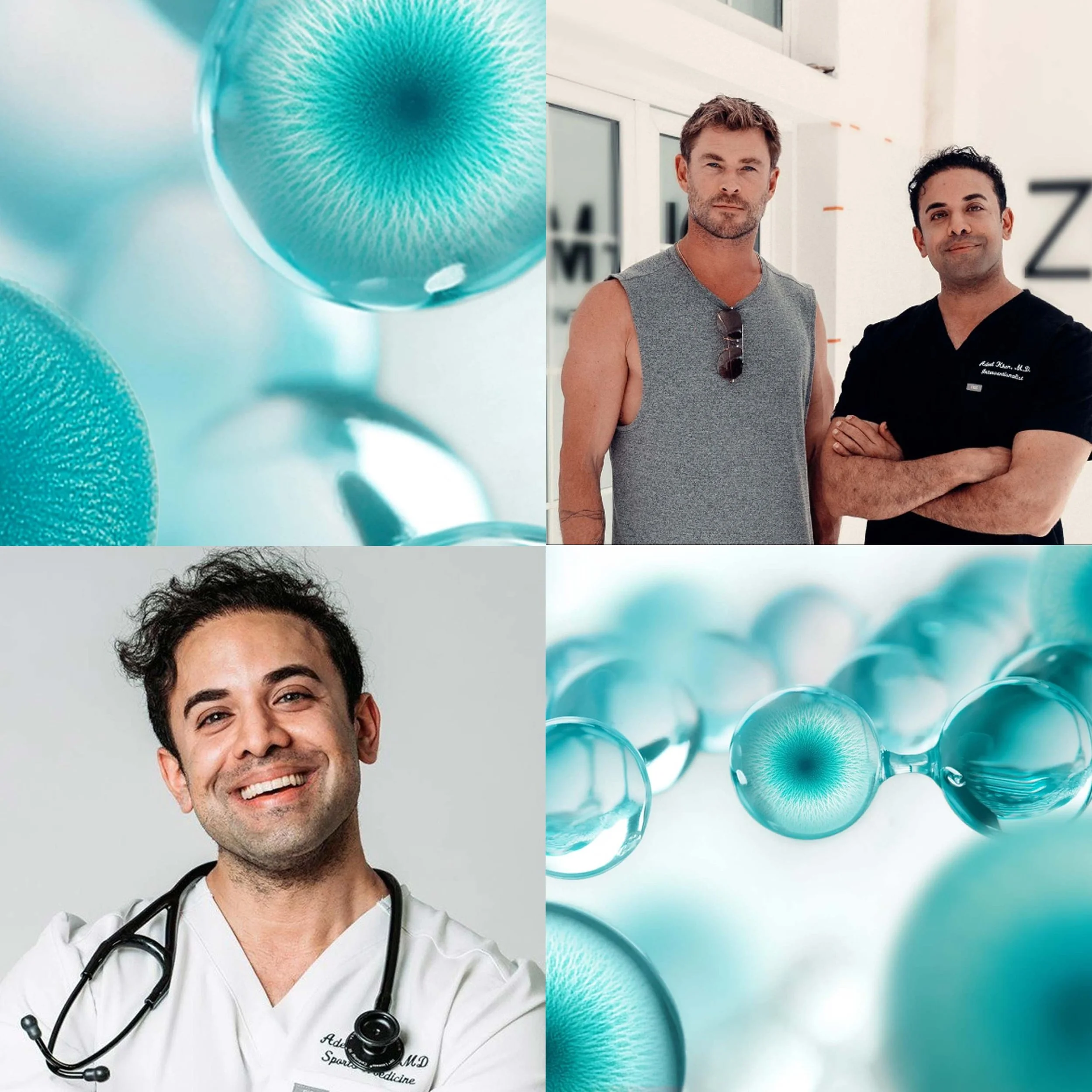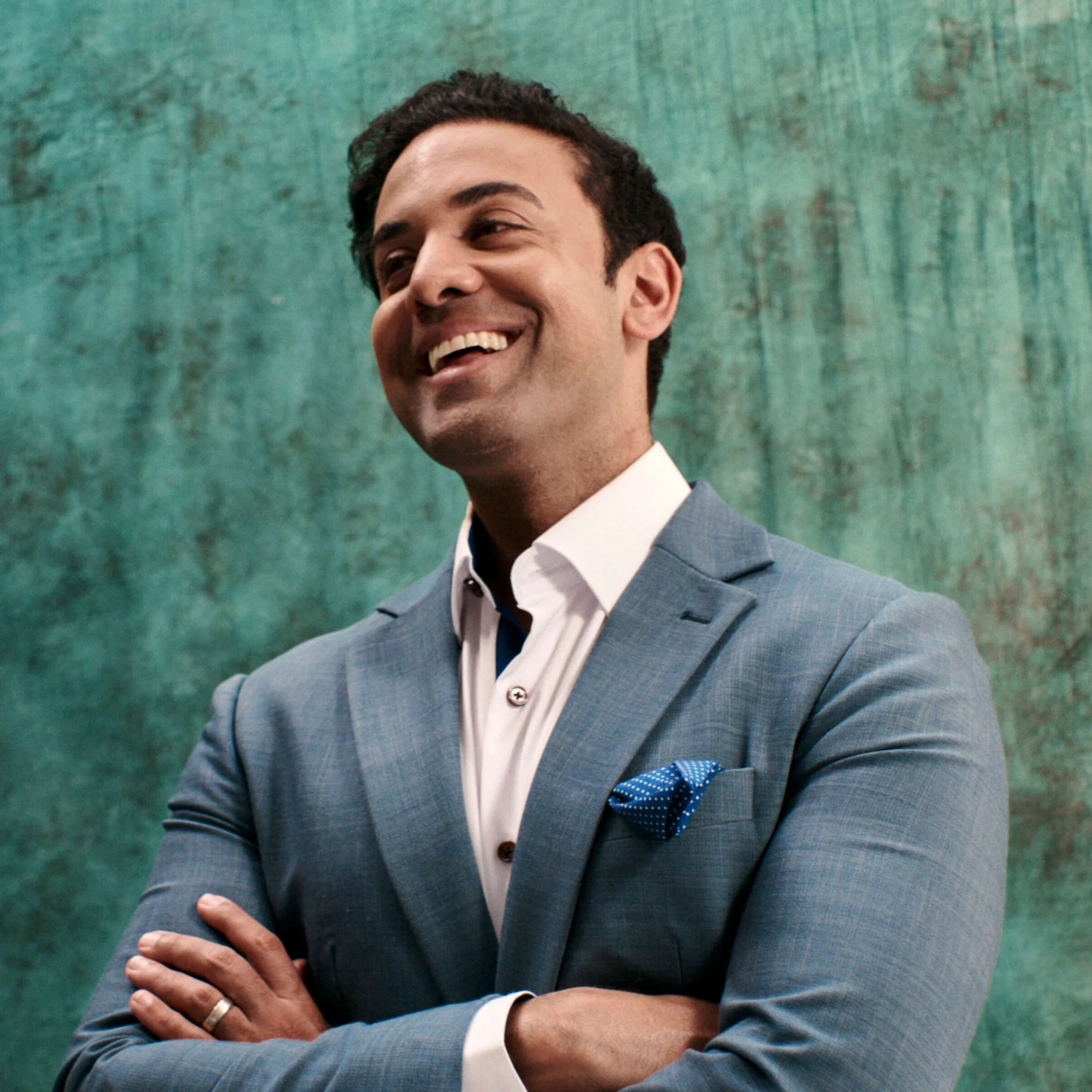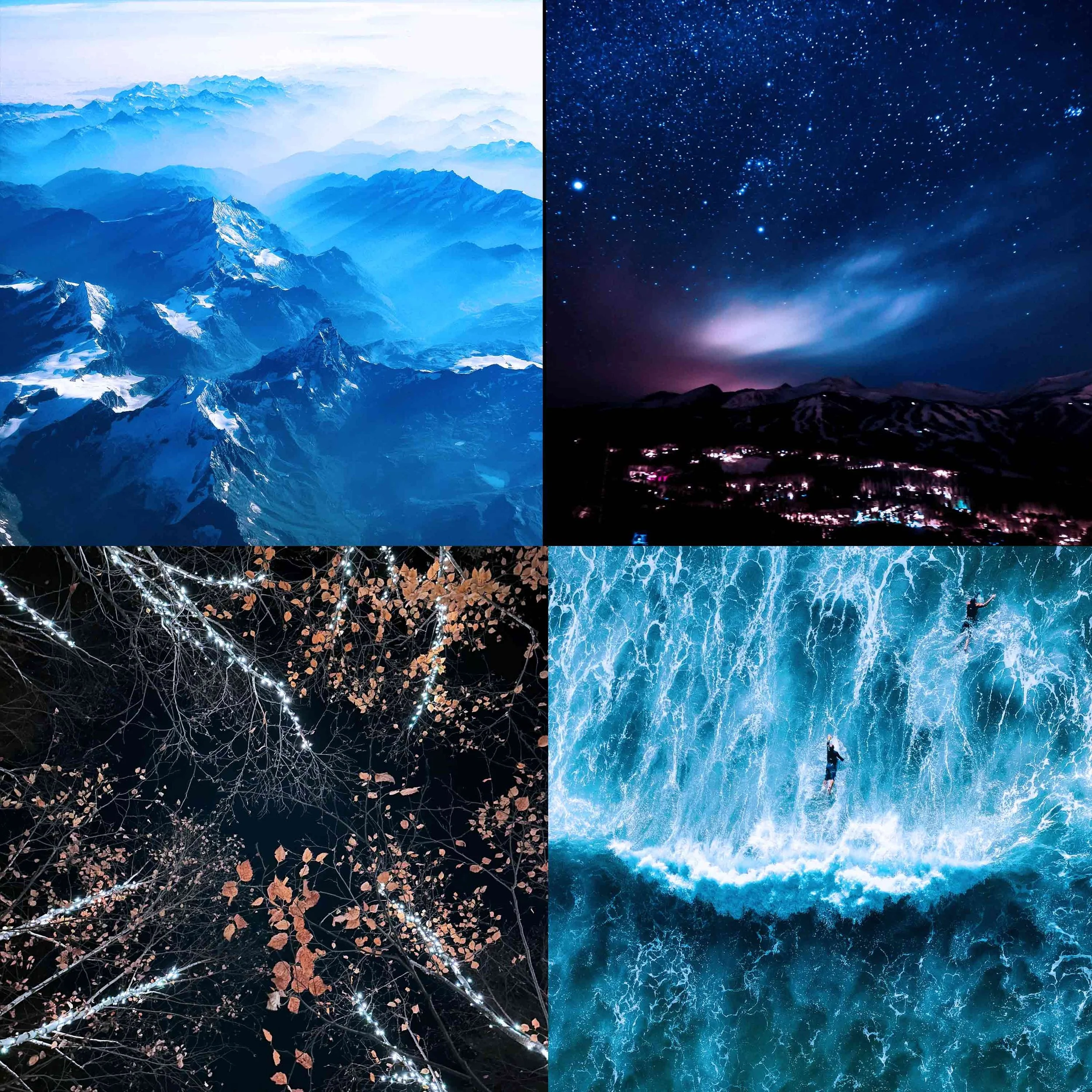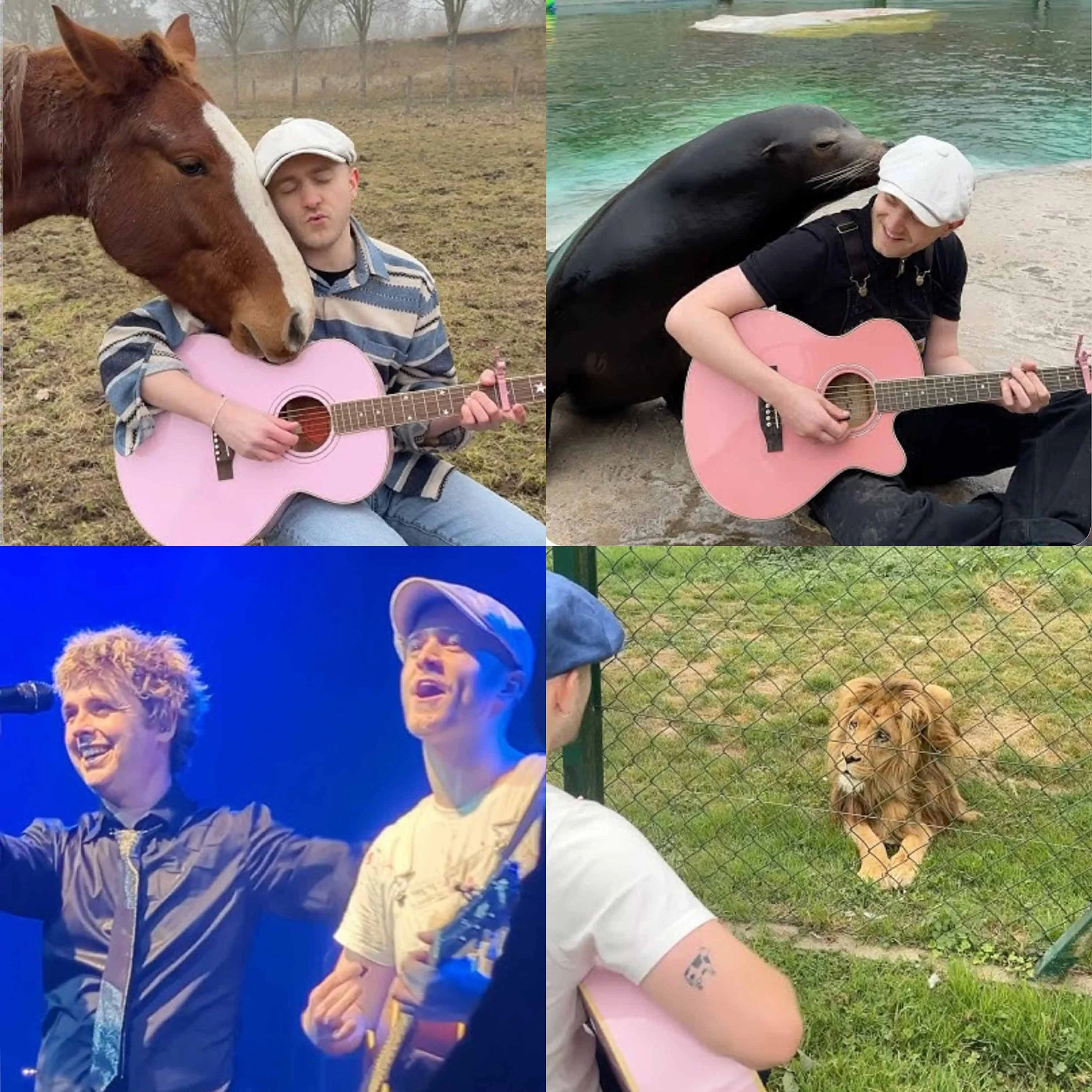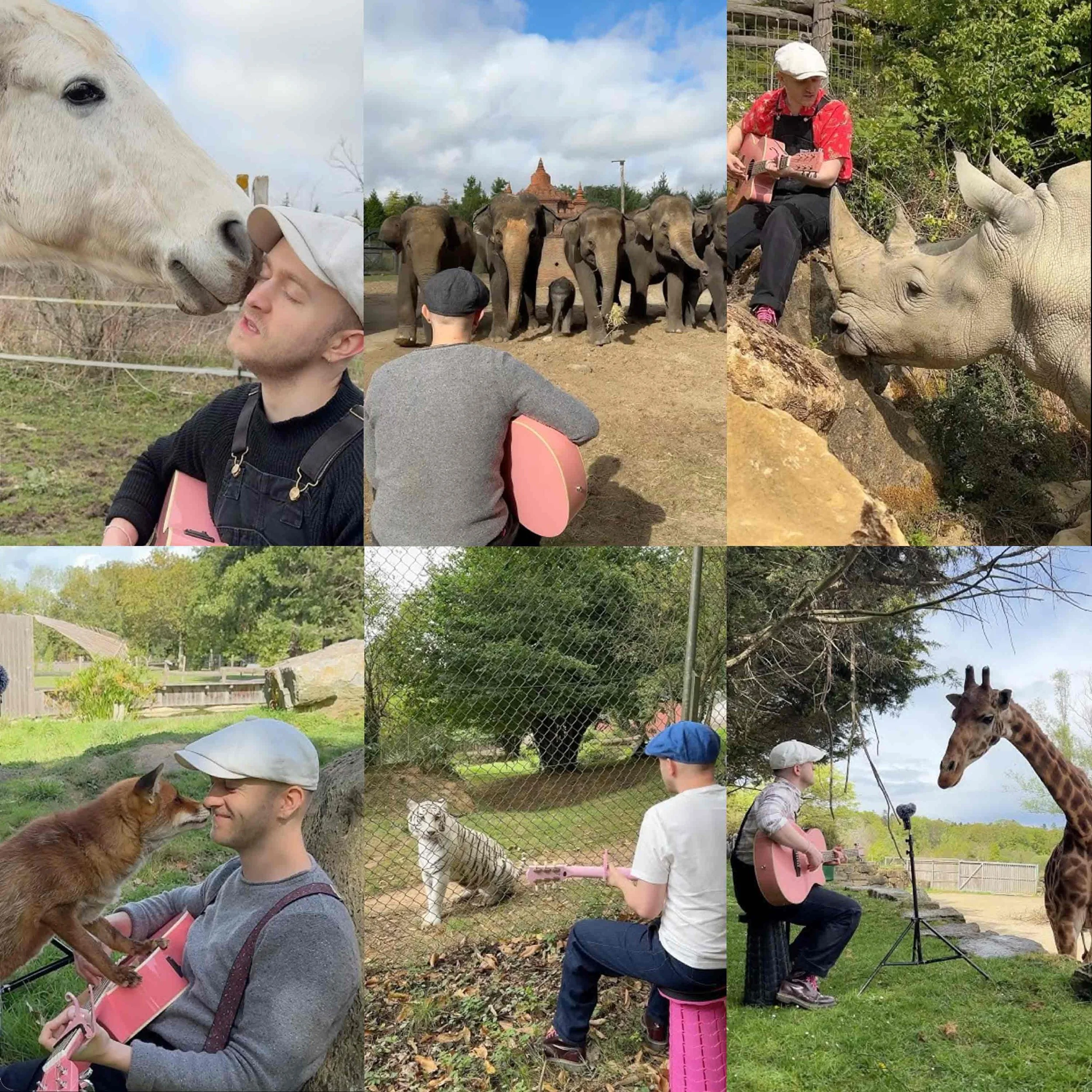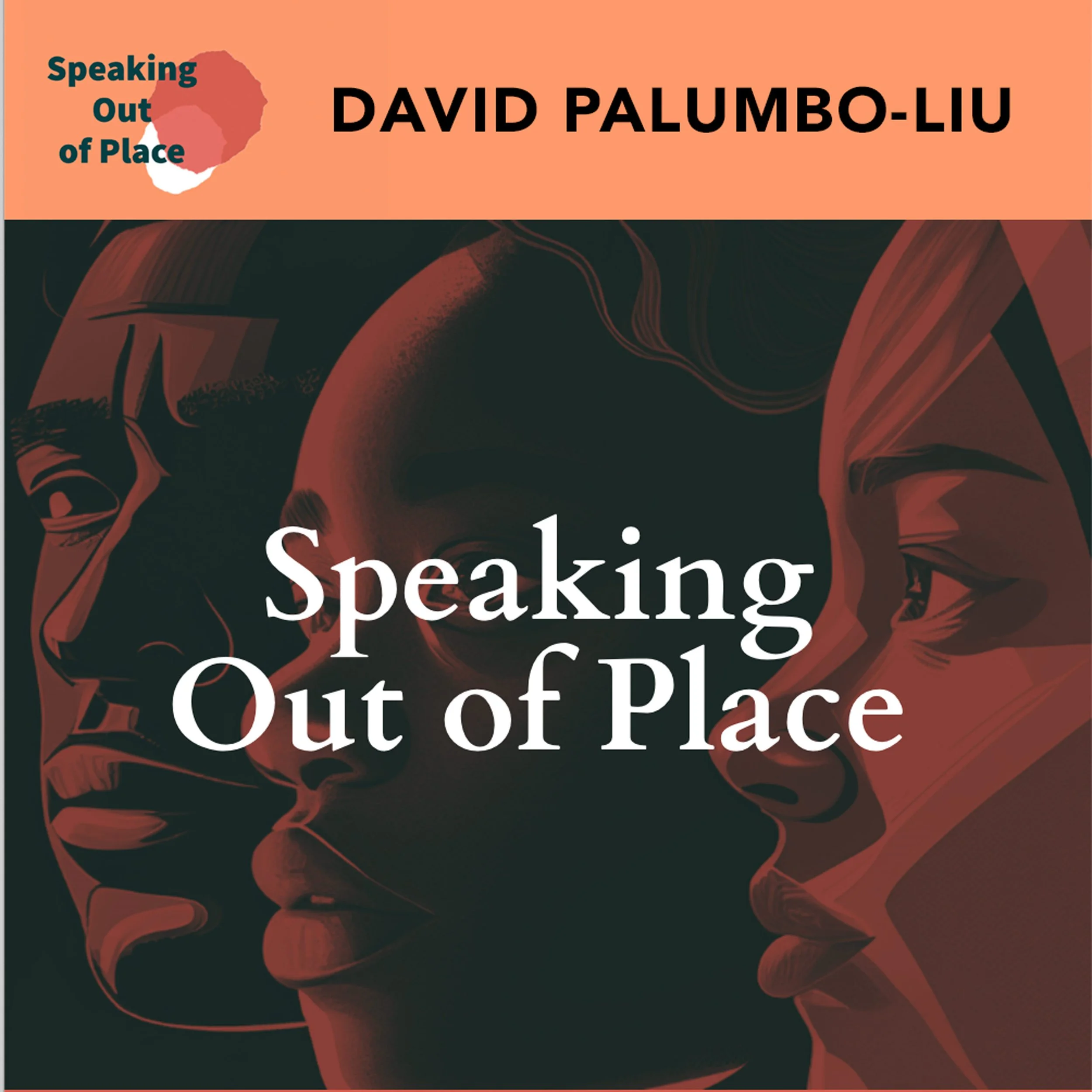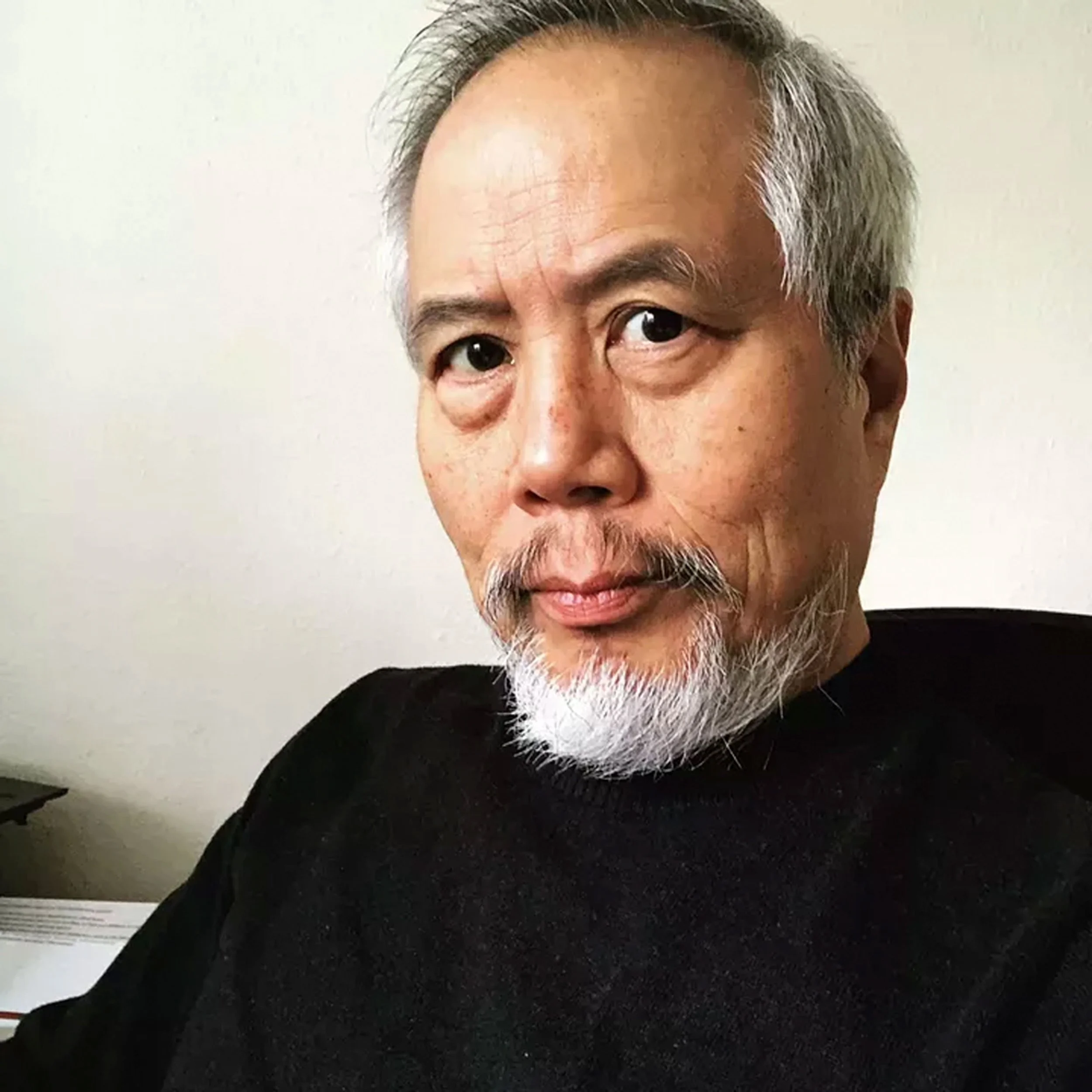Muse Cells & The Future of Health: Why Stars like Chris Hemsworth & Tony Robbins Turn to Regenerative Medicine
/DR. ADEEL KHAN on the Future of Regenerative Medicine
I think the most important thing that I've learned through this whole journey is that we are ultimately here to help one another. And as a doctor, my job is to try to help as many people as I can with the technologies and kind of the gifts I have. I think everyone has their own unique gift and finding that and knowing how you can share that with the world is really what you should focus on. I think a lot of people have heard the word "stem cells"—it’s kind of become part of the zeitgeist almost, where people are just like, "Oh yeah, I think I've heard of stem cells." And when people think about it, I think they think regeneration. They think healing, which is kind of the whole idea behind stem cells.
